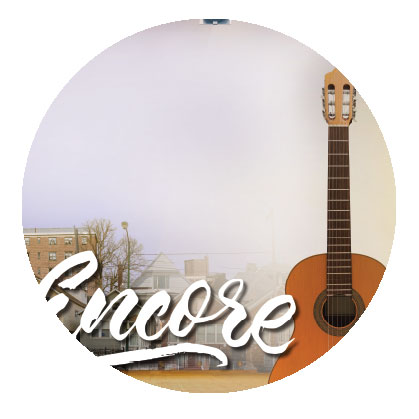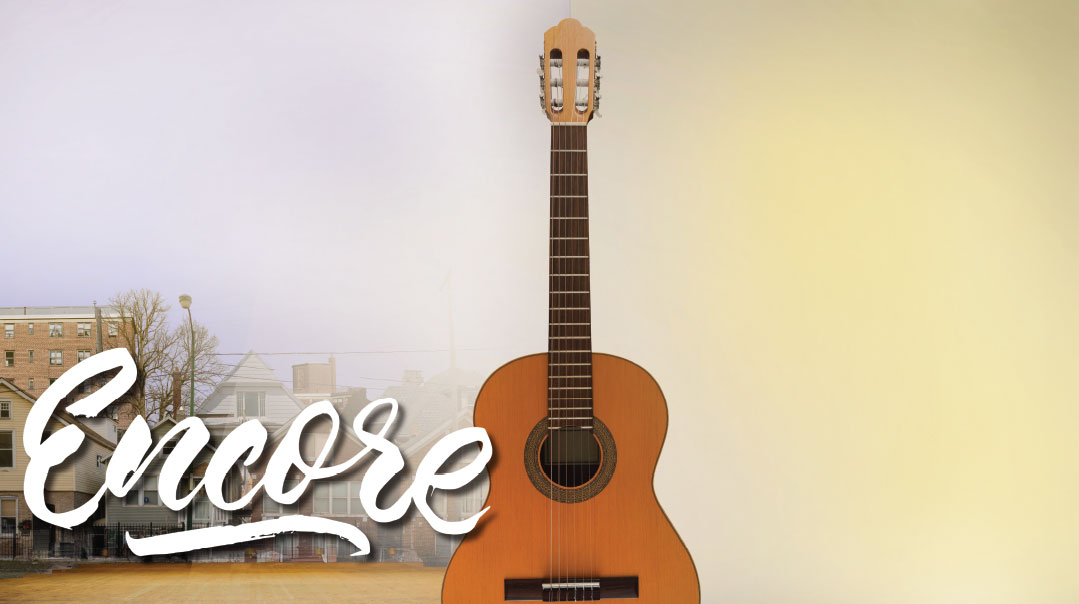Encore: Chapter 55

Now it was the third week, and almost all the bochurim had come. It was already a minhag

Late on Thursday night, the rosh yeshivah was sitting in the dining room, surrounded by a huddle of bochurim.
Originally, he had thought that doing a formal hashkafah shiur would somehow mark the yeshivah as less mainstream, so he let it go, but over the winter, he had developed the perfect format. It wasn’t an official shiur, but more of a conversation.
The yeshivah would serve cholent late on Thursday night, after night seder, and at Penina’s urging, Rabbi Wasser started joining. The first few weeks were awkward, and he made small talk with the boys, but then one week Dovi Korman had asked a question — perhaps out of compassion, Sholom Wasser thought, but still. He had wanted to know what made someone a gadol b’Yisrael, who decided, and how come there were no elections for the post.
Rabbi Wasser had comfortably settled into the answer, describing the chush harei’ach, the sense of smell with which Klal Yisrael is blessed, and bringing all sorts of historical examples of gedolim who lived in small towns, who had no prestigious titles, yet were sought out from all over.
“Right, like the rosh yeshivah who lives in Modena,” Shimshy Lieber had blurted out, and everyone laughed. Sholom had laughed too, because he wanted the matzav to be pleasant and he desperately hoped someone else would ask a question if he looked relaxed.
Dovi Korman was looking meaningfully at Boruch Zeldman, who came through and wanted to know what yeshivishe people thought about making aliyah.
Rabbi Wasser was happy to be able to connect them with the mesorah, sharing a story of what his own rosh yeshivah had said on the matter, and explaining that the real “tziyonim” were those who daven “Vesechezena einenu b’shuvcha l’Tziyon” three times a day.
The boys seemed to enjoy it. This was big-boy talk.
The next week Harari asked about why the Lakewood schools had so many rules about getting in and Rabbi Wasser told him he had a while to worry about it and it wasn’t his problem yet and everyone laughed. It felt very good and rosh yeshivah-like. Then Harari said he was still irritated about which high school he had gotten into, his first choice turned him down because his father didn’t daven with a hat, so of course it was his problem and everyone laughed harder and Rabbi Wasser again made the decision to laugh along and roll with it.
Wagner asked about women working and it got very quiet and Rabbi Wasser realized that this was because they all knew that Penina worked.
He was going to celebrate that, he decided, instead of apologizing.
Oops! We could not locate your form.


